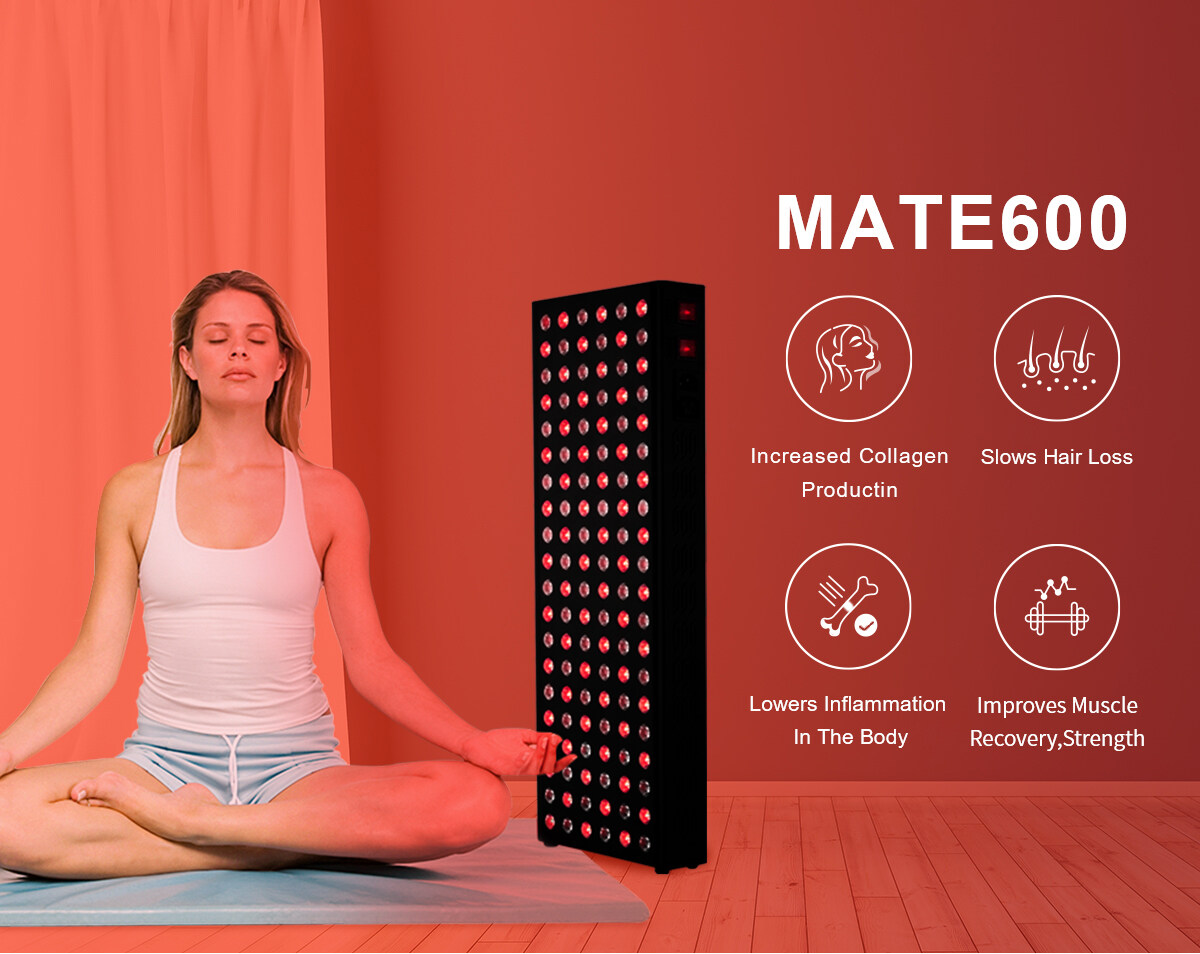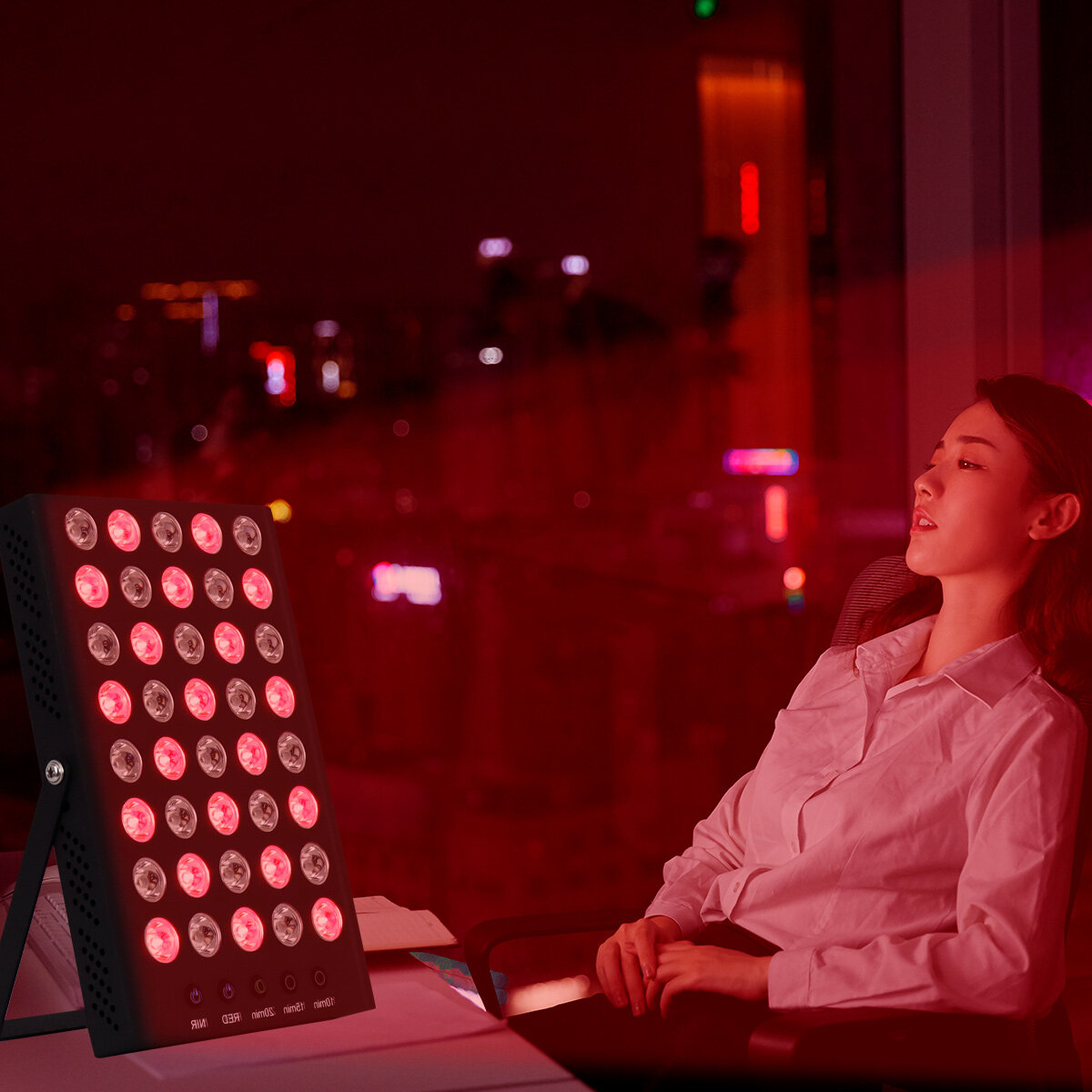Email format error
Email cannot be empty
Email already exists
6-20 characters(letters plus numbers only)
The password is inconsistent
Email format error
Email cannot be empty
Email does not exist
6-20 characters(letters plus numbers only)
The password is inconsistent


In recent years, red light therapy has gained popularity as a non-invasive treatment for various skin and health concerns. Many users are turning to at-home devices to reap the benefits of this innovative technology. However, understanding how often to use a red light therapy device is crucial for achieving optimal results. This blog will delve into the science behind red light therapy, its benefits, and guidelines for effective use.

Red light therapy (RLT) involves exposing the skin to low-level wavelengths of red light, typically between 600 and 650 nanometers. This process stimulates cellular processes, promoting healing and regeneration. The mechanism behind RLT is rooted in photobiomodulation, which enhances mitochondrial function. Mitochondria are the powerhouse of cells, responsible for producing energy. When exposed to red light, these organelles become more efficient, leading to increased ATP (adenosine triphosphate) production and cellular repair.
Red light therapy offers a myriad of benefits, making it a popular choice for various conditions:
Skin Health: RLT can improve skin tone, reduce wrinkles, and accelerate wound healing. It stimulates collagen production, enhancing skin elasticity and firmness.
Pain Relief: Studies suggest that RLT may help alleviate chronic pain and inflammation. It can be beneficial for conditions such as arthritis, tendonitis, and muscle soreness.
Hair Growth: Research indicates that red light therapy can promote hair growth in individuals experiencing androgenetic alopecia and other forms of hair loss.
Mood Enhancement: Some users report improved mood and reduced symptoms of depression and anxiety following RLT sessions, likely due to increased energy levels and enhanced cellular function.
Recovery and Performance: Athletes often use red light therapy to expedite recovery from workouts and injuries, as it can reduce inflammation and promote muscle repair.
The frequency of using a red light therapy at-home device can vary based on individual goals, the device's specifications, and the condition being treated. Here are some general guidelines:
For Skin Health and Anti-Aging:
For Pain Relief and Inflammation:
For Hair Growth:
For Mood and Energy Enhancement:
While the above guidelines provide a solid foundation, several factors can influence how often you should use your red light therapy device:
Device Power: The power output of the device plays a crucial role in determining how often you should use it. Higher-powered devices may require less frequent use to achieve the same effects as lower-powered models.
Treatment Goals: Your specific goals will dictate usage frequency. For instance, someone focused on anti-aging may benefit from more frequent sessions compared to someone using RLT for occasional pain relief.
Skin Sensitivity: Individuals with sensitive skin may need to start with fewer sessions to gauge their tolerance before gradually increasing frequency.
Condition Severity: The severity of the condition being treated can also affect frequency. Acute conditions may necessitate more frequent sessions, while chronic conditions might benefit from consistent but less frequent use.
To maximize the benefits of red light therapy, consider the following tips:
Consistency is Key: Regular use is essential for seeing results. Establish a routine that fits your schedule and stick to it.
Monitor Your Progress: Keep track of any changes you notice, whether improvements in skin texture, pain reduction, or mood enhancement. This will help you adjust frequency as needed.
Combine with Other Treatments: Red light therapy can be effective when used in conjunction with other treatments, such as topical skincare products or physical therapy. Always consult with a healthcare professional for personalized advice.
Follow Manufacturer Guidelines: Always refer to the specific guidelines provided by your device’s manufacturer. Different devices may have different recommendations regarding frequency and duration.
Understanding how often to use a red light therapy at-home device is crucial for unlocking its full potential. By following general guidelines and tailoring your usage to your individual goals, you can effectively harness the benefits of this innovative therapy. Whether you're looking to improve skin health, alleviate pain, or enhance mood, consistent use of red light therapy can be a valuable addition to your wellness routine. Embrace the power of light and watch as your body responds positively to this natural, non-invasive treatment.